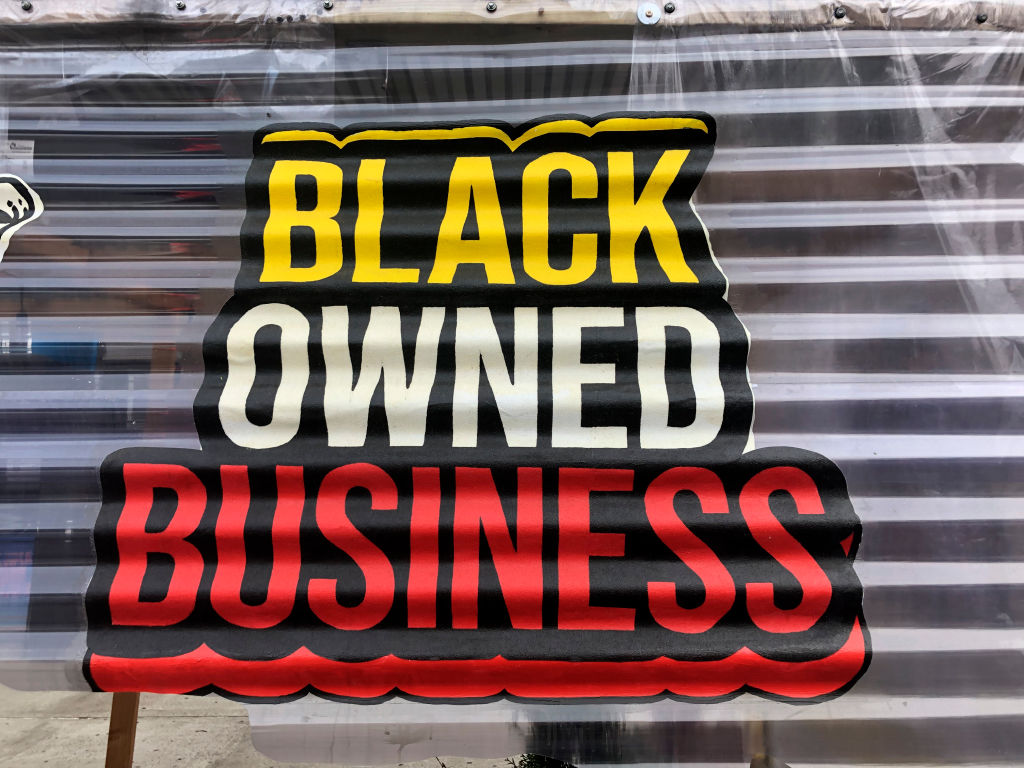RELATED CONTENT: Black Family-Owned Businesses More Than Doubled Since 2019, Potentially Becoming Wealth-Building Assets

December 1, 2023
Protect Your Assets: Advice For Entrepreneurs
When operating any kind of business, it is critical to protect your assets from liability associated with your entrepreneurial activities.
Originally Published Sep. 14, 2016
When we think about wealth, most of us are focused on two things: How to acquire it and how to grow it.
However, long-term financial stability and success relies on your ability to protect your wealth. Unfortunately, most people fail to think of wealth protection until it’s too late—when assets are in peril or after they’re lost. In nearly all cases, the money saved by not taking steps to protect your assets is easily dwarfed by the financial damage incurred when what can go wrong does.
This is often the case with new entrepreneurs, whether they are operating a business as a full-time startup or a side hustle (or side hustles) to create multiple income streams. When operating any kind of business, it is critical to consider steps to shield your personal assets from liability associated with your entrepreneurial activities. In short, building long-term wealth requires you to protect your assets, not just increase your income.
BLACK ENTERPRISE spoke with Nic Cober, Esq. (www.niccober.com), principal managing partner of Cober Johnson & Romney. Cober, a Black Enterprise contributor and the author of CEO of My Soul: The Self-Love Journey of A Small Business Owner, specializes in legal issues facing entrepreneurs. She stresses the importance of establishing even a fledgling startup as a legal business entity to protect your assets.
“I mentored a SCORE client recently who was very reluctant about registering as an L.L.C. because of the expensive fees, says Cober, who teaches a class called Legal Entrepreneurship Advanced Principles (LEAP) in collaboration with the D.C. Small Business Development Corp. “I asked her did she and her husband have assets. They did. I quickly told her that if they were ever sued for a defective product he created, those assets could be at risk. Simply put, if you are creating a product or providing a service that in any way causes injury or harm, you may be financially liable.
“A Limited Liability Company serves as the first line of defense for owners because it limits your personal liability for business debts, says Cober. “As an aside, like sole proprietors, the owner still receives the tax benefits of reporting profits and losses on his or her personal tax returns. In sum, even in the early stages of your business, registering as an L.L.C. is the first of many important decisions you will make as an owner.
You register your L.L.C. in the state in which you do business, and the fees vary. In the D.C.-Maryland-Virginia area, for instance, the initial fees to register range from $100 to more than $300, according to Cober. Most states do not have ongoing annual registering L.L.C. fees. However, some states have annual reports they require you to file.
For example, says Cober, “In the District, you have to file a report called the BRA-25 every two years to update the District on where your office is located and who the primary officers are.
Check with your state’s business registration office to see the specific requirements.
The bottom line: It makes no sense to put your personal assets at risk to avoid spending a few hundred dollars to establish your small business—even if it’s a side hustle—as a separate business entity by registering it as an L.L.C. Any wealth you gain with the success of your enterprise can quickly and easily be wiped out if you fail to protect your assets.